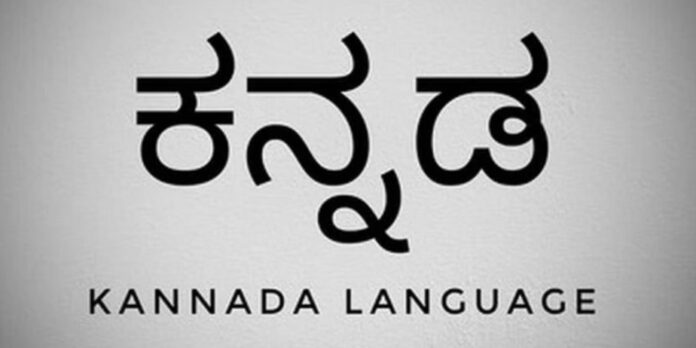Home Articles Karnataka HC stays order making Kannada must at graduation level
Key Story
-
The Karnataka High Court on Wednesday stayed the state government orders making Kannada a compulsory subject in higher education as part of implementing the National Education Policy (NEP)-2020 from the academic year 2021-22.
-
A division bench of Chief Justice Ritu Raj Awasthi and Justice S R Krishna Kumar passed the interim order, staying the operation of two orders by the state government dated August 7, 2021 and September 15, 2021. The court order came after hearing two separate petitions filed by the Samskrita Bharathi Karnataka Trust and KG Shivakumar and others, studying at Vijaya College at Basavanagudi in Bengaluru, against the government orders, making Kannada compulsory at the undergraduate level.
-
Referring to the stand of the Union government that there is no mention of any compulsory language under NEP, the court said, “We prima facie find that the impugned government orders cannot be implemented or put into operation. Both the orders are stayed till further orders.”The Kannada Development Authority had filed an impleading application and the court asked it to file objections if any. The court orally observed that it is not against any language and is only looking at whether any regional language can be made compulsory under NEP.
-
On December 16, 2021, the court observed, “We are of the view that the matter with respect to implementation of Kannada language as a compulsory subject in higher studies on the basis of implementing the NEP is a question which requires consideration and as such, the State Government at this stage should not insist to make the language compulsory. The students who have already taken Kannada on the basis of their choice may do so, but all such students who do not wish to take Kannada should not be compelled to pursue it till further orders.”
-
Contending that students coming from other states who have not learnt Kannada are bound to fail as they cannot study the language at the graduation level, the petitioners claimed that the government orders would affect over 1.30 lakh students and 4,000 language teachers.
-
The state government contended that making Kannada compulsory was a policy decision in tune with the recommendations of the VK Gokak Committee report. Already, four lakh students have taken admission opting Kannada as a subject and admissions are almost over and the petitioner-students have already studied Kannada up to class 12. As such, they cannot have any objection in studying Kannada language in higher studies, the government argued.














